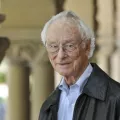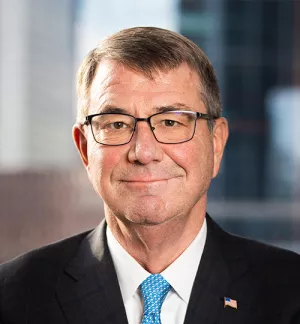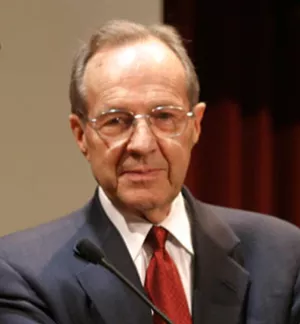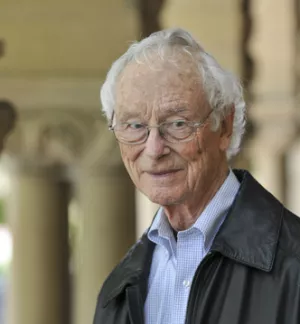The Day After: Action Following a Nuclear Blast in a U.S. City
Ashton B. Carter, a professor at Harvard University, served as assistant secretary of defense in the Clinton administration. Michael M. May, a professor at Stanford University, is former director of the Lawrence Livermore National Laboratory. William J. Perry, a professor at Stanford University, served as secretary of defense in the Clinton administration.
Ever since the United States lost its monopoly on nuclear weapons in 1949, the possibility of a nuclear attack on U.S. soil has been regarded as the gravest of all imaginable threats to U.S. national security. Today, nonstate terrorist actors such as al Qaeda have pledged to carry out an “American Hiroshima” of a significantly greater magnitude than the attacks perpetrated against the United States on September 11, 2001.
Armed with the recognition that prevention offers by far the best protection against nuclear terrorism, the U.S. national security establishment has long sought to ensure that nuclear weapons and fissile materials do not fall into new and threatening hands, especially those of terrorists. Through initiatives such as the Nunn-Lugar program, which has provided U.S.-funded assistance to the former states of the Soviet Union to secure and dismantle their nuclear weapons programs, Washington has led international efforts in cooperative threat reduction resulting in the deactivation of more than 7,000 nuclear warheads since 1991.
In spite of these successes, the threat of a nuclear attack against the United States has not yet been eradicated, nor has the spread of weapons of mass destruction been effectively curtailed. The serious setbacks to nuclear terrorism prevention in recent years are particularly disturbing, as evidenced by North Korea’s new nuclear weapons arsenal, Iran’s unchecked nuclear developments, continuing political risk in nuclear-armed Pakistan, and inadequately safeguarded weapons and fissile materials still remaining in Russia and elsewhere. Collectively, these setbacks have increased the probability that one or more terrorist groups, all of which presently lack the capability to go nuclear on their own and instead must rely on witting or unwitting government assistance, will acquire nuclear weapons or fissile materials from the governments that have them.
It is a common refrain among policy thinkers concerned with the growing nuclear threat to frame the issue of prevention in terms of a provocative question: “On the day after a nuclear weapon goes off in a U.S. city, what will we wish we had done to prevent it?” In April 2007, a group of leading federal government civilian and military officials, scientists, policy experts, and journalists convened in Washington at the invitation of the Preventive Defense Project, a research collaboration by Harvard and Stanford Universities, to ponder different questions: What will the United States actually do on the day after prevention fails? What preparations are necessary?
Please see the link and attached file below for the full text of this article.
Carter, Ash, Dr. William J. Perry and Dr. Michael M. May. “The Day After: Action Following a Nuclear Blast in a U.S. City.” Washington Quarterly, Autumn 2007
The full text of this publication is available via Washington Quarterly.









